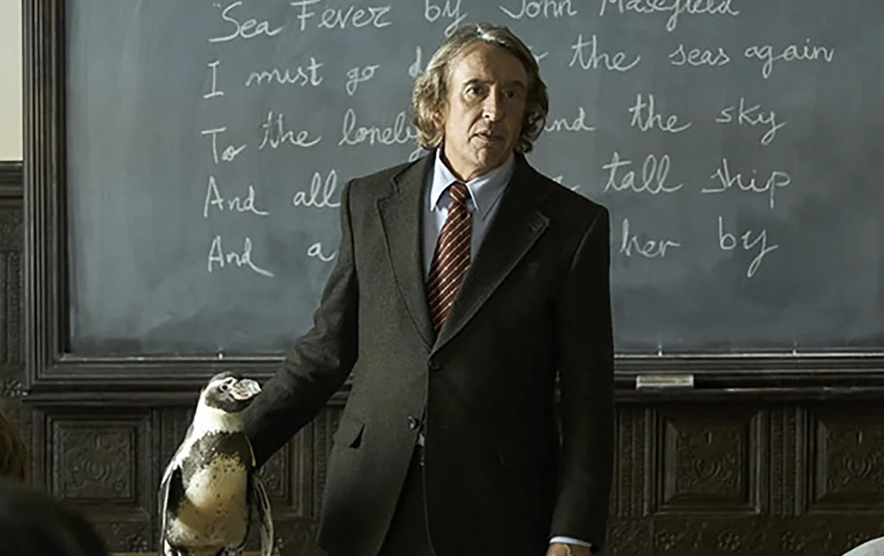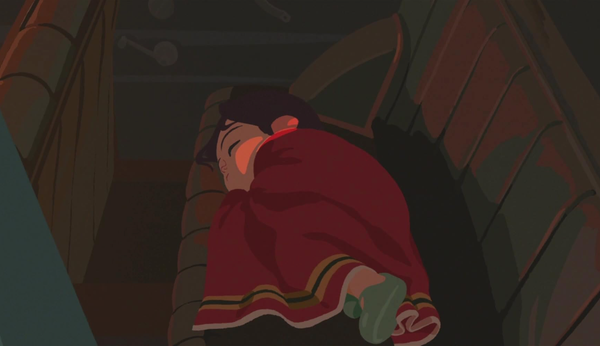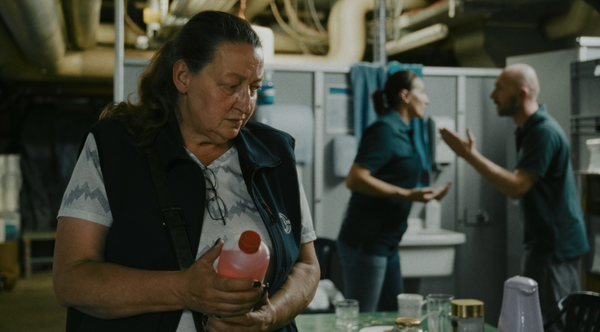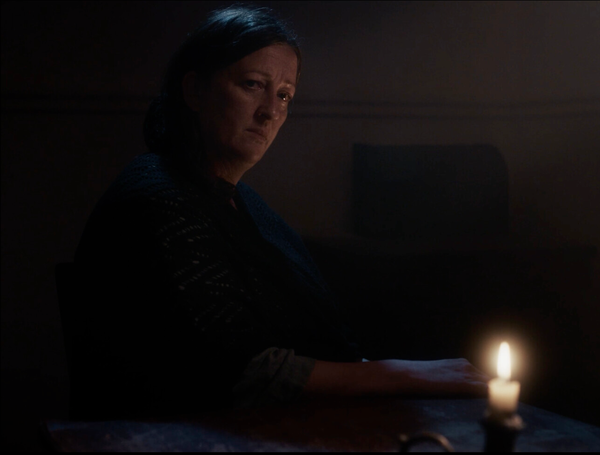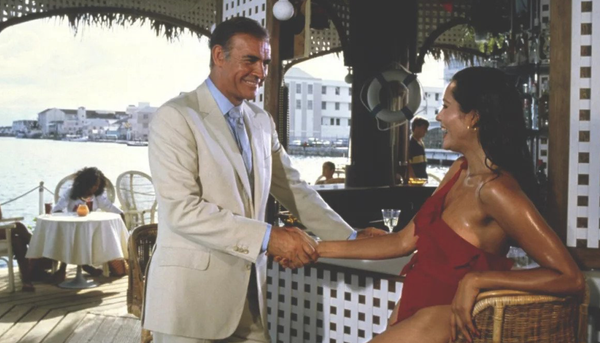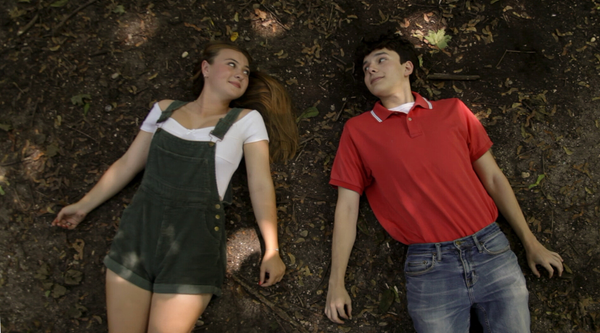In this review, Gemma Creagh hits the books for The Penguin Lessons.
From concept to distribution, a film typically takes approximately three years to develop. Unfortunately for the Western world, no one who began the development process of The Penguin Lessons could possibly have imagined just how relevant its commentary on fascism would be at the time of its release.
This true-life-inspired story follows one teacher’s journey as he shirks apathy’s comforting shell, thanks to an unlikely bond with a charming flightless bird. An optimistic and sometimes chuckle-inducing call to action, there’s nothing subtle about The Penguin Lessons. The political message hits as clearly as a slap of a fish. And that’s precisely where the film’s charm and comfort lies.
Initially indifferent to the turmoil of 1970s fascist Argentina, Tom Michell (Steve Coogan) is determined to escape his past life and takes a role teaching English at a school for privileged boys. There despite his aloof nature and palate for easy pleasures, he makes a fast friend with earnest science teacher Tapio (Björn Gustafsson). He enlists Tapio on a jaunt with the intention to drink, dance and meet women. However, Tom unexpectedly finds himself rescuing an oil-covered penguin—a stubborn creature who refuses to be left behind.
Back in Buenos Aires, a reluctant Tom enlists the help of cleaners Sofía (Alfonsina Carrocio) and her grandmother María (Vivian El Jaber) to keep the bird—now fondly named Juan Salvador—hidden. As political tensions escalate, Sofía, a vocal activist, stresses to Tom the importance of taking a stand. These divisions soon spill into Tom's classroom. Struggling to connect with his students, Tom brings in his new waddling companion to help his lessons hit home. An eclectic ensemble of kind characters slowly chips away at Tom’s cool exterior—begging the ultimate question: between Tom and Juan Salvador, who rescues who?
This film creates an immersive aesthetic celebrating the era as a love letter to Argentina— all while offering a critique of the systems of oppression in place. The cold starkness and echoing, empty hallways of the private school, and crumbling colonial architecture stands in contrast to María’s cramped, but vibrantly warm home. The location choices, costume design, and grading all work together to build a distinct atmosphere—capturing the essence of this moment in time—while visually emphasising the class divide. The recurring theme of repression vs warmth is ever present. Crafted by production designer Isona Rigau and captured by DOP Xavi Giménez (Marlowe, The Machinist), the physical space of Tom’s world is rich and, textured, a real visual treat.
The tone swings throughout, ebbing between dark and light. Coogan does a wonderful job embodying Tom in his curmudgeon era (rocking those beiges and browns - iconic), and brings a real emotional weight to Tom’s pained backstory, however his arc does lack a rounded authenticity. In this story, the stakes are unbelievably high, and whether textual, structural or performance related, this emotional journey isn’t fully realised. Nonetheless, this is still a wildly enjoyable film. The Penguin Lessons undertakes a near impossible task: melding the inescapable violence and atrocities of war with feelgood British humour. Beneath the warmth, quips, and well-timed physical comedy, bleaker themes quietly fester.
In cinemas from 18th April 2025.

